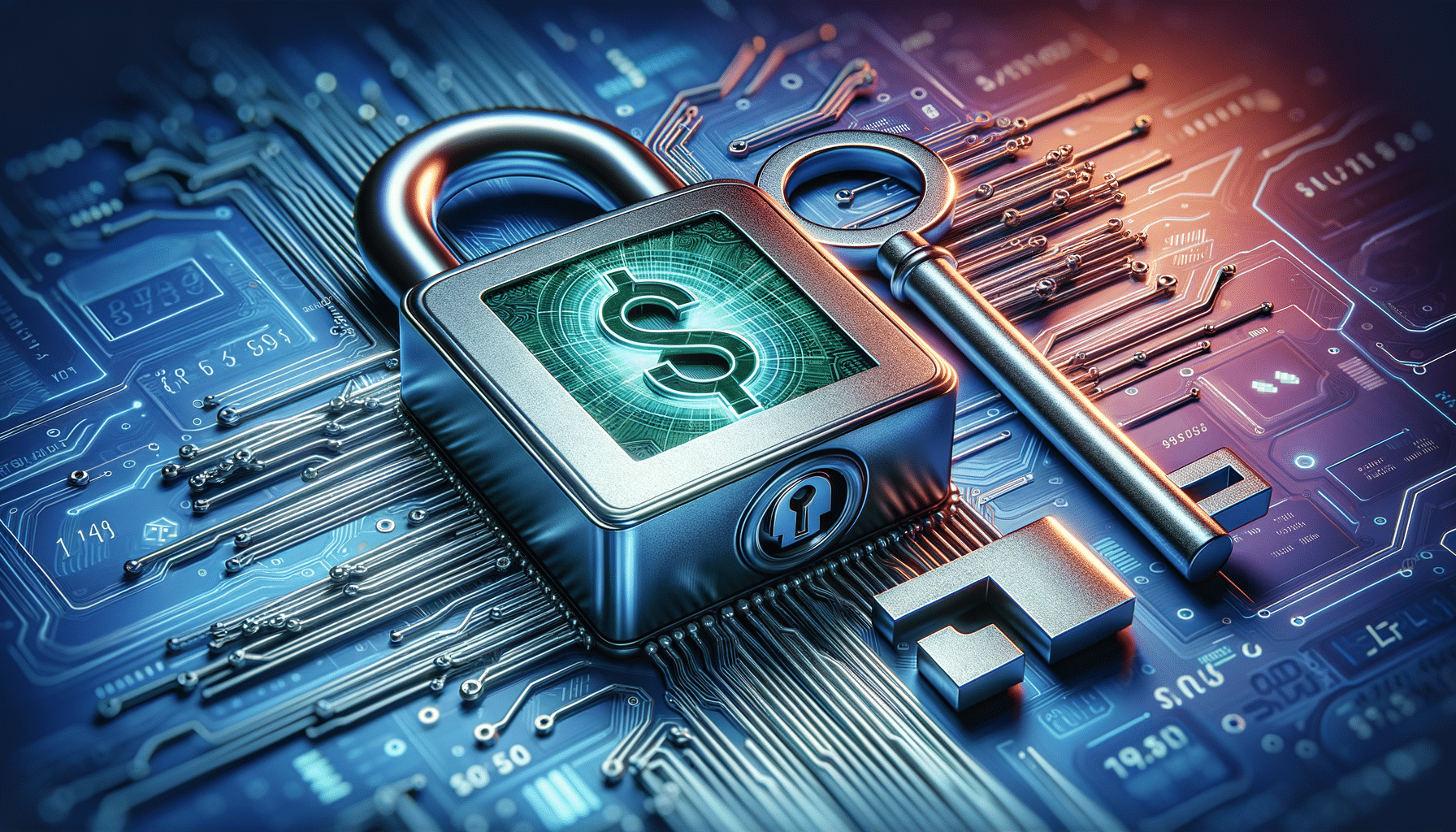
Safeguarding Your Social Security Number: A Key to Personal Security
The Significance of Your Social Security Number
Your Social Security Number (SSN) is more than just a series of digits; it is a crucial component of your identity in the United States. Established in 1936, the SSN was initially created to track earnings and benefits within the Social Security system. Over time, its use has expanded significantly, becoming a key identifier for various purposes beyond social security benefits.
The SSN is now a primary tool for verifying identity in contexts such as employment, taxation, and financial transactions. Employers use it to report income and determine eligibility for employment. The Internal Revenue Service (IRS) requires it for tax filing and processing, making it indispensable for financial activities. Moreover, banks and credit institutions rely on SSNs to assess creditworthiness and manage accounts.
Its widespread use underscores the importance of safeguarding your SSN. With identity theft on the rise, a compromised SSN can lead to fraudulent activities, affecting credit scores and financial stability. Protecting your SSN is thus essential for maintaining personal security and peace of mind.
How to Protect Your Social Security Number
Given the critical role of the SSN, protecting it from misuse is paramount. Here are some strategies to safeguard your SSN effectively:
- Limit Sharing: Only provide your SSN when absolutely necessary. Verify why it is needed and how it will be used before disclosing it.
- Secure Documents: Keep your Social Security card and documents containing your SSN in a safe place. Avoid carrying your card in your wallet unless required.
- Be Cautious Online: Use secure websites and avoid sharing your SSN through email or unsecured online forms. Monitor your online accounts for any suspicious activity.
- Shred Documents: Shred documents that contain your SSN before disposing of them to prevent dumpster divers from accessing your information.
By taking these precautions, you can significantly reduce the risk of identity theft and ensure your SSN remains secure.
What to Do If Your Social Security Number Is Compromised
Despite best efforts, there is always a risk that your SSN could be compromised. If you suspect your SSN has been misused, it is crucial to act promptly to mitigate potential damage. Here’s what you can do:
- Contact the Authorities: Report the situation to the Federal Trade Commission (FTC) and the Social Security Administration (SSA). They can provide guidance and support in addressing the issue.
- Monitor Credit Reports: Obtain copies of your credit reports from major credit bureaus and review them for any unauthorized accounts or transactions.
- Place Fraud Alerts: Notify credit bureaus to place a fraud alert on your credit file, which can help prevent further misuse of your information.
- Consider a Credit Freeze: A credit freeze restricts access to your credit report, making it more difficult for identity thieves to open accounts in your name.
Taking these steps can help you regain control of your identity and prevent further unauthorized use of your SSN.


